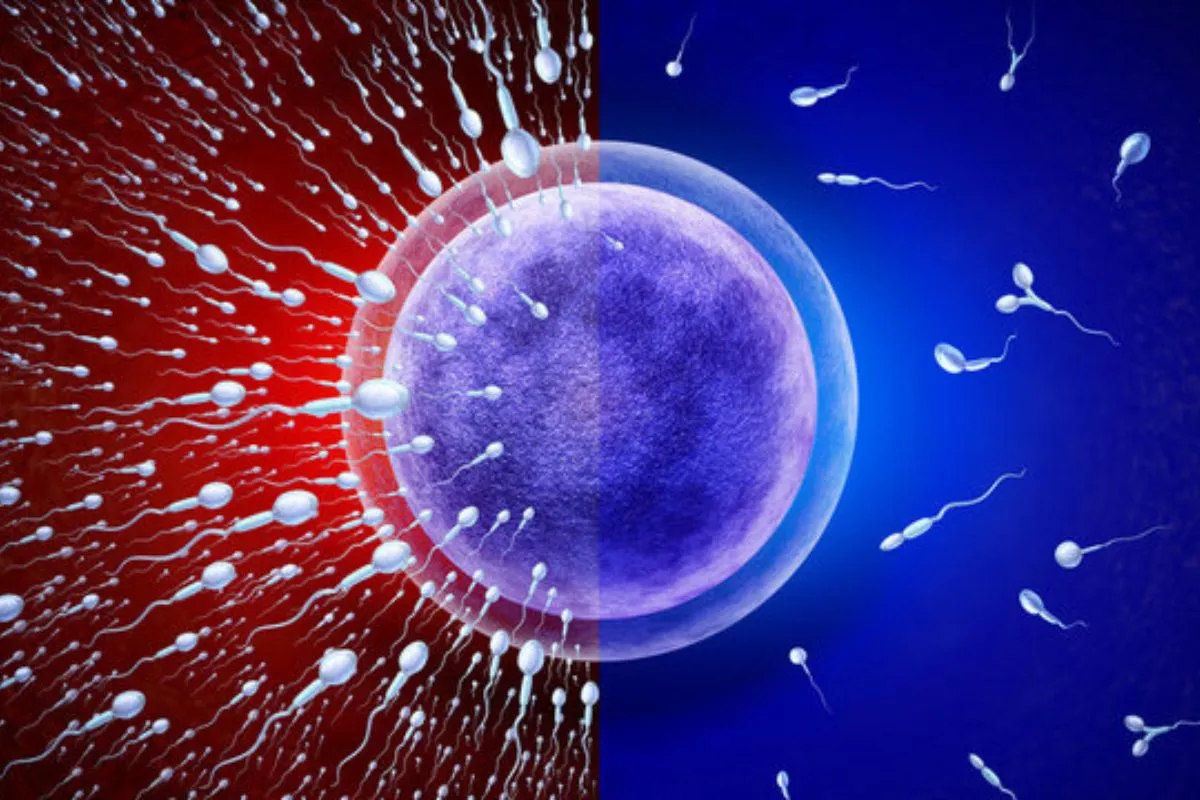How to Increase Male Fertility and Sperm Count?

Male fertility plays a crucial role in conception, and factors like lifestyle, diet, and overall health can significantly impact sperm count and quality. With modern advancements in medicine and a better understanding of male reproductive health, addressing issues related to male fertility has become more accessible than ever. If you or someone you know is experiencing difficulties in conceiving, exploring ways to improve male fertility can be a vital step forward. Additionally, seeking male infertility treatment when necessary can provide targeted solutions to overcome specific challenges.
This comprehensive guide delves into effective methods to increase male fertility and sperm count, including lifestyle changes, dietary adjustments, and medical interventions.
Understanding Male Fertility
The quantity, quality, and functionality of sperm primarily determine male fertility. Healthy sperm is characterized by a sufficient sperm count, good motility (the ability to swim toward the egg), and proper morphology (shape and structure). Issues such as low sperm count, poor motility, or abnormal morphology can reduce the likelihood of conception. Factors like lifestyle, medical conditions, environmental exposure, and age can significantly impact sperm health. Addressing these issues through lifestyle changes or medical interventions is often the first step in improving male fertility.
Causes of Low Sperm Count and Fertility Issues
Several factors can contribute to reduced male fertility, including:
- Lifestyle Factors: Poor diet, smoking, excessive alcohol consumption, and lack of exercise can impact sperm health.
- Medical Conditions: Issues like varicoceles (enlarged veins in the scrotum), infections, or hormonal imbalances can lower sperm production.
- Environmental Toxins: Exposure to pesticides, chemicals, or radiation can affect sperm quality.
- Age: Sperm quality tends to decline with age, although men can remain fertile well into their later years.
- Stress: Chronic stress can disrupt hormonal balance and reduce sperm production.
Lifestyle Changes to Boost Male Fertility
1. Maintain a Healthy Weight
Being overweight or underweight can affect hormone levels and reduce sperm production. Adopting a balanced diet and regular exercise routine can help maintain a healthy weight, improving overall fertility.
2. Exercise Regularly
Moderate physical activity boosts testosterone levels and enhances sperm production. Activities like jogging, swimming, or yoga are particularly beneficial. However, avoid overtraining, as excessive exercise can lower testosterone levels.
3. Quit Smoking
Smoking is directly linked to reduced sperm count and motility. Quitting smoking not only improves sperm health but also enhances overall reproductive function.
4. Limit Alcohol Consumption
Excessive alcohol intake can decrease testosterone levels and impair sperm production. Limiting alcohol to moderate levels can significantly improve fertility.
5. Reduce Stress
High-stress levels can negatively affect the hypothalamic-pituitary-gonadal axis, which regulates sperm production. Stress management techniques like meditation, deep breathing, or counseling can help restore hormonal balance.
Medical Treatments for Male Infertility
If lifestyle and dietary changes do not yield significant improvements, consulting a fertility specialist is essential. Modern medicine offers various male infertility treatments, including:
1. Hormonal Therapy: Hormonal imbalances can be corrected with medications or hormone replacement therapy, improving sperm production.
2. Surgical Interventions: Conditions like varicoceles or blockages in the reproductive tract can be treated surgically to enhance fertility.
3. Assisted Reproductive Techniques (ART)
- Intrauterine Insemination (IUI): Healthy sperm is placed directly into the uterus during ovulation.
- In Vitro Fertilization (IVF): Sperm and eggs are combined outside the body, and the fertilized embryo is implanted in the uterus.
- Intracytoplasmic Sperm Injection (ICSI): A single sperm is injected directly into an egg, often used in cases of very low sperm count.
4. Antibiotic Treatment: Infections in the reproductive tract can be treated with antibiotics, restoring normal sperm function.
Conclusion
Improving male fertility and sperm count involves a combination of lifestyle changes, dietary adjustments, and, if necessary, medical treatments. From maintaining a healthy diet rich in antioxidants to managing stress and avoiding environmental toxins, there are numerous ways to enhance reproductive health. For those experiencing persistent fertility challenges, seeking professional help and exploring male infertility treatment options can make a significant difference. With the right approach and expert guidance, overcoming fertility obstacles is entirely achievable, paving the way for a healthy and successful pregnancy journey.
FAQ's
What causes low sperm count in men?
Low sperm count can result from lifestyle factors like smoking, alcohol use, stress, poor diet, obesity, or medical conditions such as hormonal imbalances, infections, and varicocele. Regular exercise and balanced nutrition can help improve sperm health.
How can I naturally increase my sperm count?
Eat antioxidant-rich foods, exercise regularly, manage stress, maintain a healthy weight, avoid smoking and excessive alcohol, and get enough sleep. Supplements like zinc, vitamin C, and folic acid may also support sperm production naturally.
Does diet affect male fertility?
Yes. A balanced diet rich in fruits, vegetables, whole grains, lean proteins, and healthy fats improves sperm quality. Avoid processed foods, trans fats, and excessive sugar to boost fertility and hormone balance.
When should I see a fertility specialist?
Consult a fertility specialist if you’ve tried conceiving for over a year (or six months if over 35) without success. Early evaluation helps identify potential causes and recommend effective treatments to improve male fertility.
